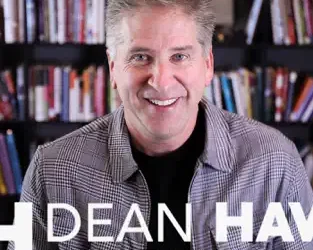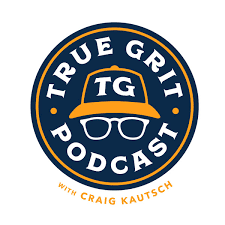Rejection. The word itself can make us wince. It brings up marriage and dating failures, job problems, and friendship and family snafus. Simply defined as “dismissing”, rejection is the act of turning away from someone or something. Actually, rejection is not a bad thing, we do it all the time. We reject one menu entrée for another at dinner, and we reject one Netflix show for another. But when we are rejected in a personal relationship, it can be very painful and derailing. Oh yeah, and 100% of us have been rejected at some time or another in our lives. So it is a normal human experience. So here are some tips to help you overcome it. You can’t overcome the reality of rejection. People have the freedom to reject us, and we do as well. But you can do something about the emotional disruptiveness that occurs.
Be honest about the feeling. Just say or write down, “X has rejected me. He is no longer in my life, and I feel unlikeable, cut off, unimportant, not valuable”, whatever. That’s just the reality of how you feel. Neuroscience research tells us that when we don’t face a negative, we can’t fix it. So bite the bullet and be clear about the feeling.
Parcel out the causes. There are very few cases where rejection is 100% the other person, though they do exist. So take a hard look at the relationship. What was the other person’s responsibility? Maybe they were critical, judging, dishonest or perfectionistic person. That’s bad! But go beyond that, to what your part was: perhaps you chose to overlook issues instead of addressing them, didn’t respect yourself, or didn’t admit your own flaws. That needs to be recognized. And then get to work on whatever was the beam in your own eye. That will also help decrease the pain of the rejection.
Bring to mind the “rest of” yourself. Sure, you were rejected. But that doesn’t mean that you’re a worthless person at all. Remember that you are also a pretty decent and kind person as well. Don’t get lost in the “I’m totally unlovable” thinking pattern, it will get you nowhere.
Replace the one who left. No one should be alone. Make sure you have other people in your life who “get” you, who are good listeners and who believe in you. The more you are isolated after a rejection, the more powerful the rejection. And if we’re talking dating or marriage, don’t rebound. I know it feels great. But the statistics say that if you use romantic attachment as a self-soother, you are very likely to be in the same position a few months down the line. Get with non-romantic, deep, faithful friends before you venture out into romance again.
Here is a goal: get so balanced and healthy that the next time you are rejected you’ll say, “Ouch, that’s sad. Oh well, I’ll call some friends and learn from it and have a great dinner.” Well, it won’t be that easy, but it will be better!






